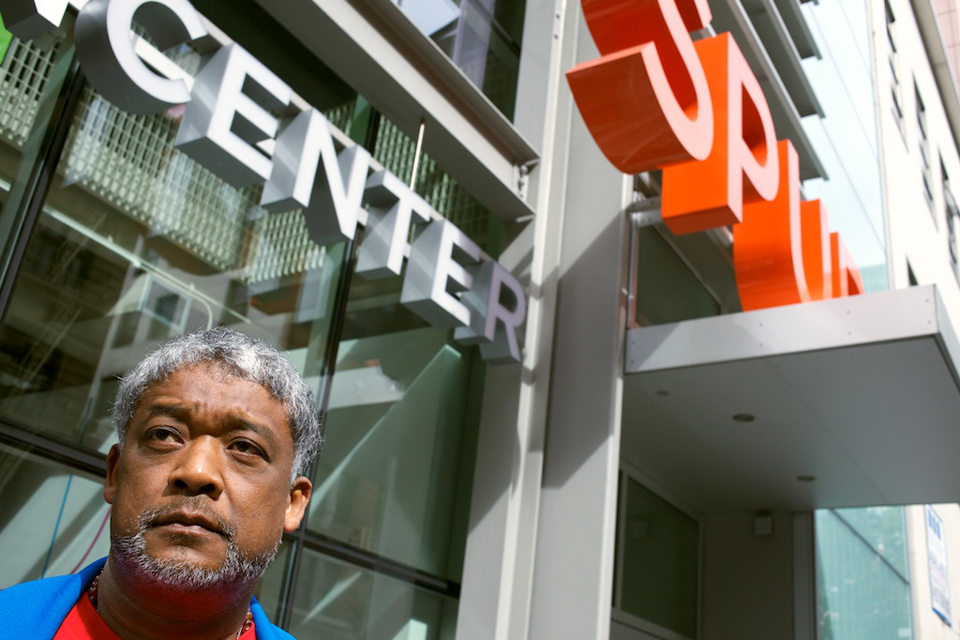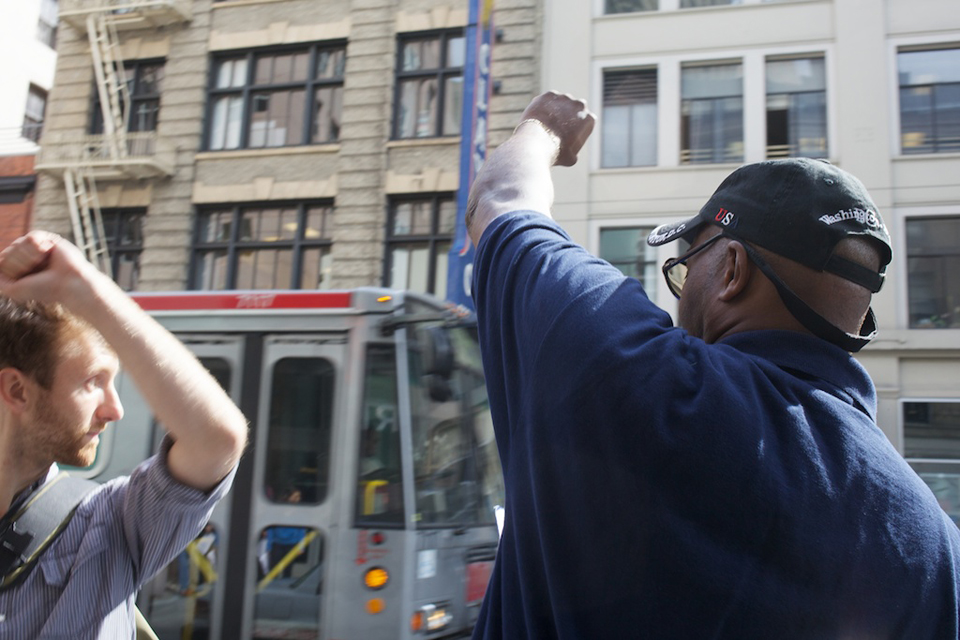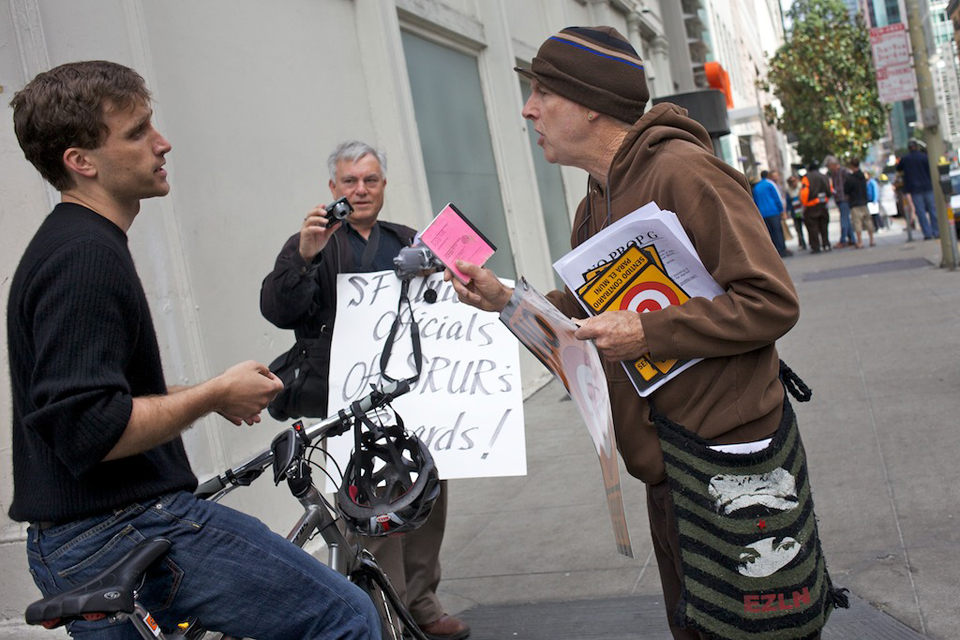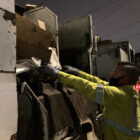@font-face { }p.MsoNormal, li.MsoNormal, div.MsoNormal { margin: 0in 0in 0.0001pt; font-size: 11pt; }span.apple-style-span { }span.apple-converted-space { }span.yshortcuts { }div.Section1 { page: Section1; }
As the Nov. 2 election draws near, Proposition G has come to the forefront as one of the city’s most hotly debated measures.
The measure would force the city’s transportation operators’ union into collective bargaining and backers say it would "Fix Muni." But opponents say that Muni’s problems don’t start and end with drivers.
Proposition G proponents say the policy will level the field and correct a failed policy.
"What Proposition G does is restore collective bargaining so they negotiate like literally every other union in S.F. with the hope that the bus drivers will come to the table and be reasonable," said Ben Lowe, Proposition G campaign coordinator.
To a small group who stood outside San Francisco Planning and Urban Research Association to protest Proposition G last Saturday, the issue was why drivers were the focus of what they viewed as the bigger problem, the city’s budget deficit.
"The reality is that the billionaires in S.F. don’t pay enough taxes and they want to put it on public workers for this crisis. And we’re saying it’s outrageous," said Steve Zelzer, a labor organizer with United Public Workers for Action. "The workers doing the work should not be punished for this economic crisis."
Whether Proposition G will help the budget or not, both sides agree that all of Muni’s problems aren’t going to be solved if it passes.
"It’s an indirect effect, obviously," Lowe said.
What Proposition G does is ensure what happens in other cities won’t impact what happens here. Currently, the city charter allows Muni operators to earn the second highest wage in the country for bus drivers.
"We’re letting other cities decide what goes on in the city and that’s simply bad," Lowe said.
Stay tuned for updates as we continue reporting and talk with more Bay Area transportation experts about what the city needs to do to fix Muni. The full package of stories will appear in the fall print edition of the San Francisco Public Press.











